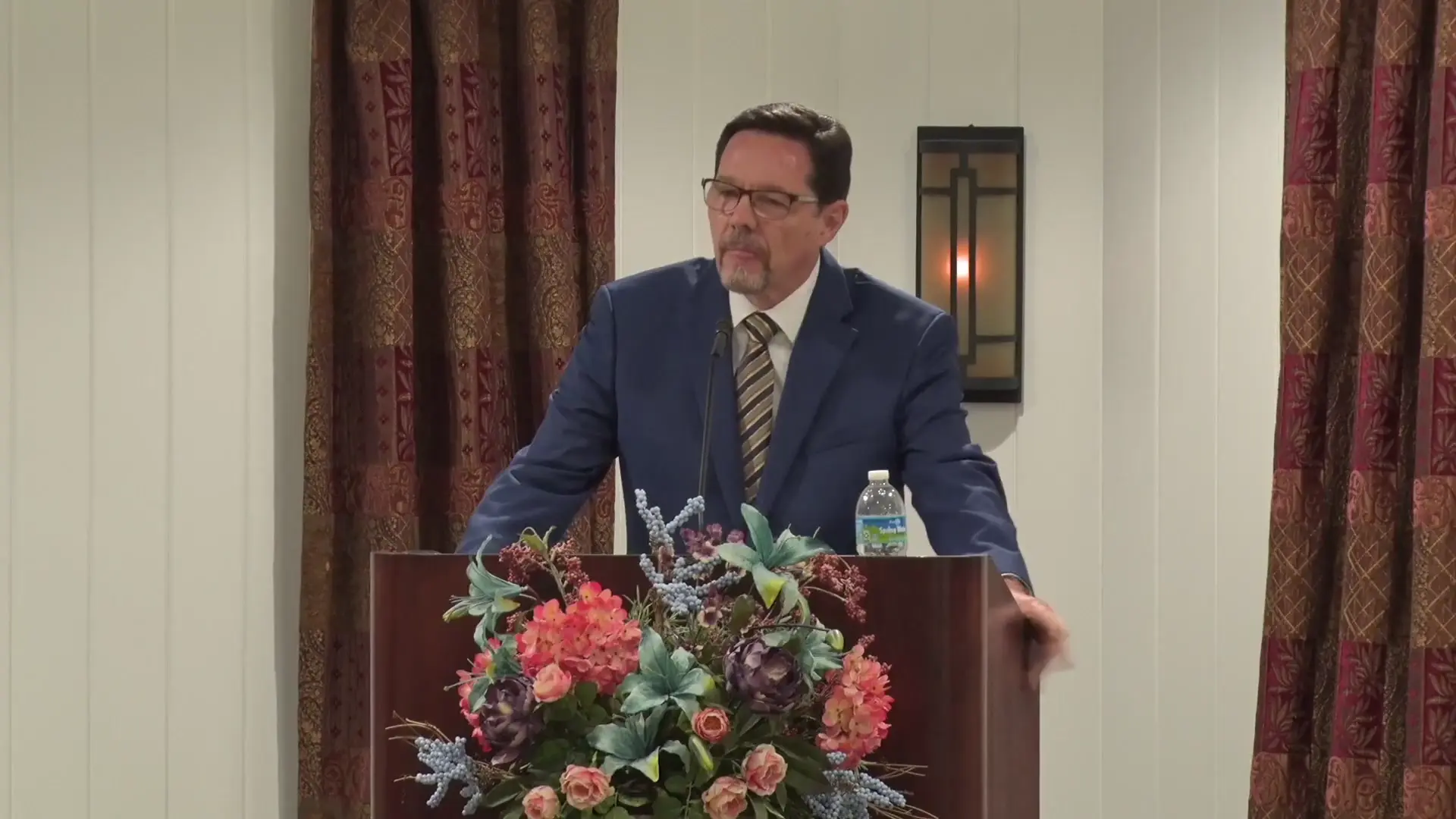Filter by Categories
Abraham's Sacrifice (Part Five): Promises Confirmed
Sermon by Richard T. RitenbaughSome critical scholars, unable to distinguish between conditional and unconditional promises, mistakenly jump to the conclusion that God cannot be trusted.
The Certainty of God's Promises
Feast of Tabernacles Sermon by Kim MyersIf we measure God's promises by our own behavior, it would be discouraging and disappointing. But God can be absolutely trusted to keep all of His promises.
Perfect, Gentle Courtesy (Part 1)
Sermon by Martin G. CollinsOur manners express our personality, especially as they portray humility, courtesy, or gentleness, and are improved as we make use of God's Spirit.

Have You Become an Example to All Who Believe?
Sermon by Martin G. CollinsWhether we are called to welcome others, speak truthfully, keep commitments, or guard our own speech, credibility flows from consistent daily actions.

Displaying Virtuous Character
Sermon by Martin G. CollinsSelf-control has both an inward and outward dimension, the latter concerned with human relationships, manners, and reflecting God's orderly mindset.
Freedom and Responsibility
Commentary by John W. Ritenbaugh (1932-2023)When a culture liberalizes, there will be a corresponding rise in irresponsibility, as people become fickle, rash, undependable, untrustworthy or disloyal.
How Good Is Your Word?
'Ready Answer' by David F. MaasWe are known by what we say and how well we keep our word. How honorable and dependable are the promises that we make to others?
'But I Say to You' (Part Five): Oaths
Sermon by Richard T. RitenbaughWe must grow in personal integrity, providing a witness for the truth to those around them, not needing the crutch of an oath to guarantee our integrity.
Ecclesiastes Resumed (Part Eleven)
Sermon by John W. Ritenbaugh (1932-2023)Ecclesiastes deals with quality of life issues for those who have been called, emphasizing responsibility and choice, continually fearing God.
Impure Language Destroyed
Feast of Tabernacles Sermon by Martin G. CollinsPoisoned and perverted language will be destroyed in God's kingdom, when purified hearts will speak a pure language.
Making the Cut (Part Five)
CGG Weekly by Richard T. RitenbaughA vile person is one who, in his contempt for God, is wicked, perverse, consumed by sin. Perhaps surprisingly, God says such people should be despised!
Facing Times of Stress: When God Is Silent (Part Three)
Sermon by Martin G. CollinsActs 27 teaches that we must distinguish among several types of suffering. Regardless of the type of suffering, we must remember that God will deliver us.